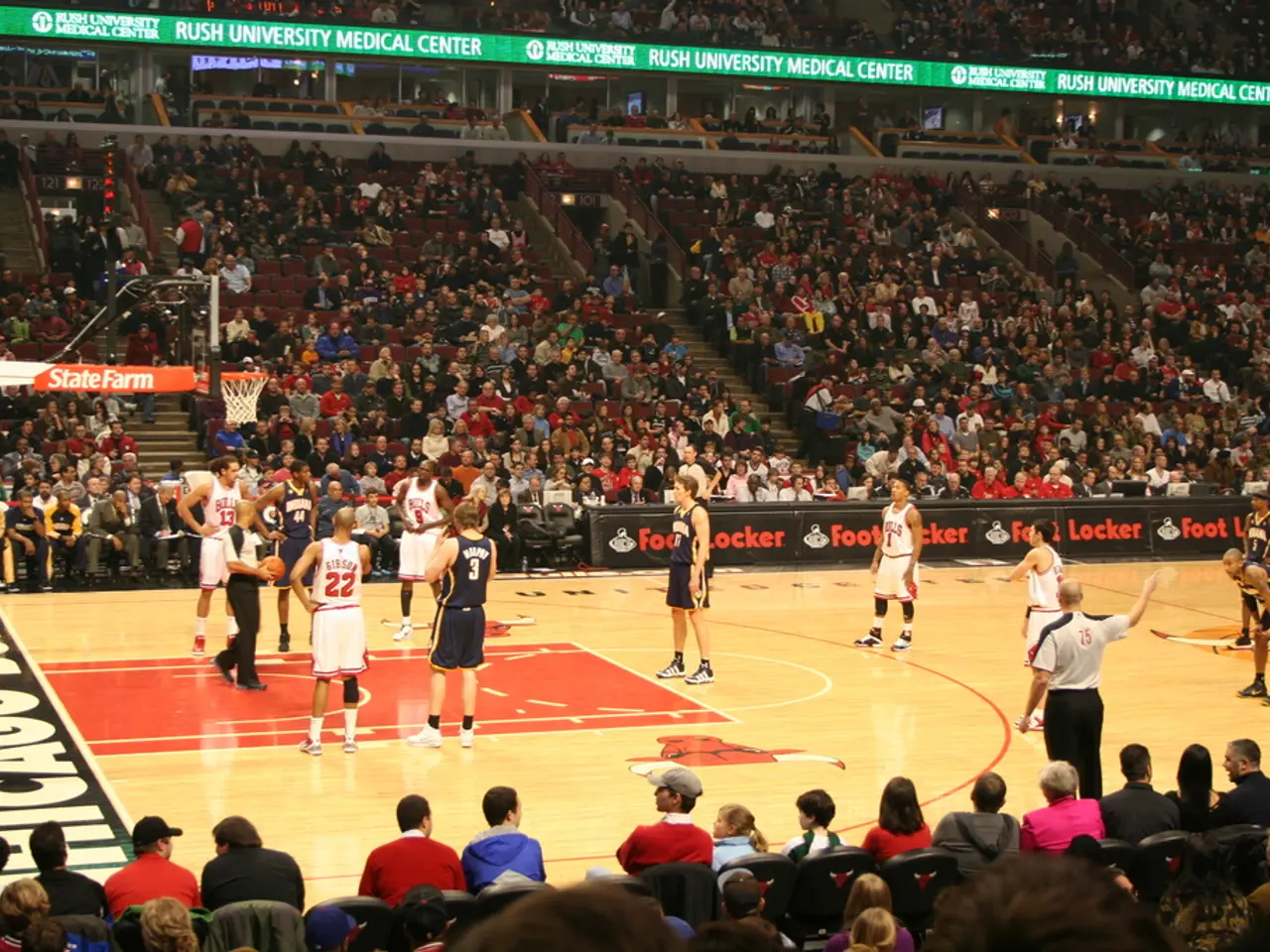President Trump's Fact Sheet: Saving College Sports under the Leadership of President Donald J. Trump
President Trump's recent Executive Order aims to safeguard and potentially expand opportunities for scholarships and athletic competition in women's and non-revenue sports. The order comes as concerns mount over the deterioration of the college sports system due to deregulation and pay-for-play practices.
The order targets the "out-of-control" environment following recent court rulings and changes allowing athletes to monetize their name, image, and likeness (NIL), plus increased team transfers and bidding wars for athletes.
Key provisions of the order include:
- Scholarship and roster spot mandates based on athletic department revenue:
- Schools generating more than $125 million must increase scholarships and offer maximum roster spots for non-revenue sports next season.
- Schools with revenue between $50 million and $125 million must at least maintain scholarships and roster spots for these sports.
- Schools with revenue below $50 million or none from revenue sports cannot disproportionately reduce scholarships or roster spots based on sport revenue.
- The order declares third-party pay-for-play payments to college athletes as improper and prohibits universities from allowing them, while permitting endorsements that compensate athletes at fair market value. This move intends to curb disguised salaries for athletes under the guise of endorsements.
- The order directs multiple federal departments (Justice, Education, Health and Human Services, and the Federal Trade Commission) to develop an enforcement plan within 30 days, including using federal funding leverage to ensure compliance.
- The order supports legislative efforts like the SCORE Act, which complements this policy by shielding college sports officials from federal antitrust law and affirming that student-athletes are not employees.
Overall, the executive order seeks to restore equilibrium to college athletics by safeguarding non-revenue sports, expanding access through scholarships, and halting improper pay-for-play schemes while endorsing fair compensation for athlete endorsements.
The order does not provide details on how the status of student-athletes will be clarified by the Secretary of Labor and the National Labor Relations Board. However, it acknowledges that college sports are fundamentally different from professional sports and supports the critical role they play in fostering leadership, education, and community pride.
Recent litigation, including a 2021 Supreme Court ruling on NIL payments, has created a chaotic environment in college sports. With over 30 states passing conflicting NIL laws, leading to a race-to-the-bottom that risks exploiting student-athletes and creating competitive imbalances among universities, President Trump's Executive Order aims to bring much-needed clarity and stability to the system.
- The Executive Order emphasizes the importance of non-revenue sports in education and self-development, mandating increases in scholarships and roster spots for these sports based on athletic department revenue.
- President Trump's order recognizes the out-of-control environment in college sports due to pay-for-play practices and court rulings, and it aims to halt improper pay-for-play schemes while endorsing fair compensation for athlete endorsements.
- The order supports the critical role college sports play in promoting culture, leadership, and community pride, while acknowledging that they are fundamentally different from professional sports and requiring clarification of the status of student-athletes by the Secretary of Labor and the National Labor Relations Board.




